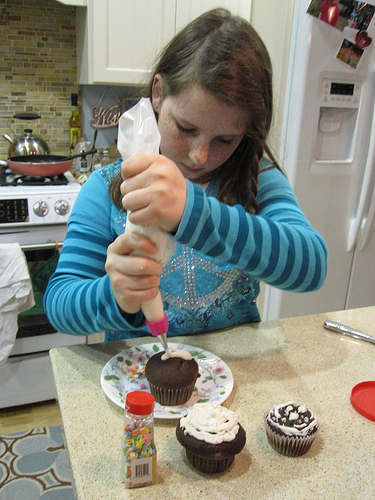Tag: pandemic
-

Humans need meaningful work
Come fall, it’s going to be harder for our teens to find meaning in their studies. They and our younger children will all need a new way of finding pleasure in a job well done.
-

Temporary homeschooling tips!
You may not be in a position to become a homeschooler full-time, but here are some tips for ways that you can keep your kids—and you—from going insane in the short term.